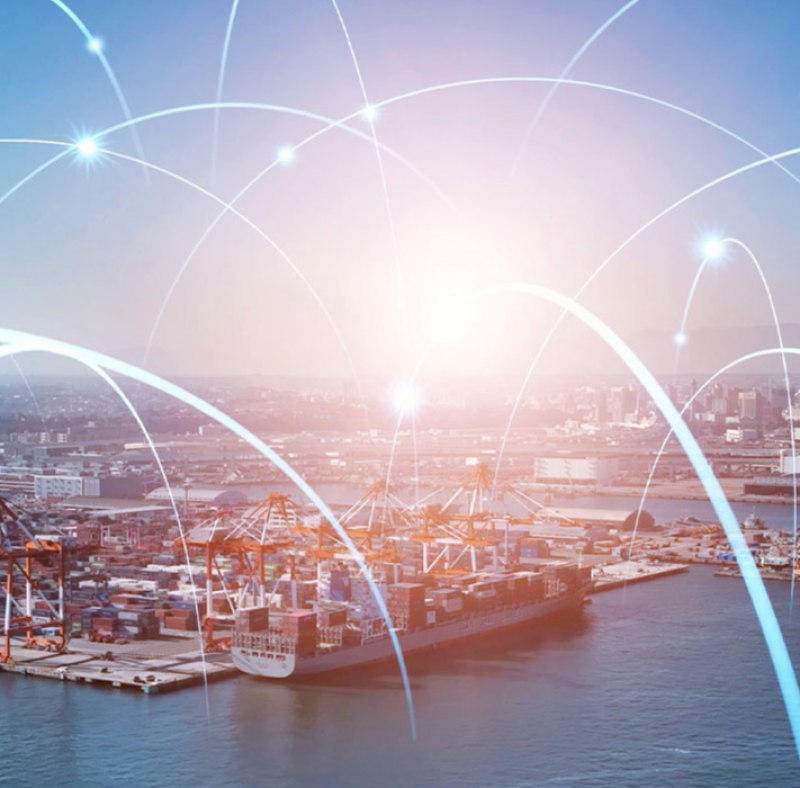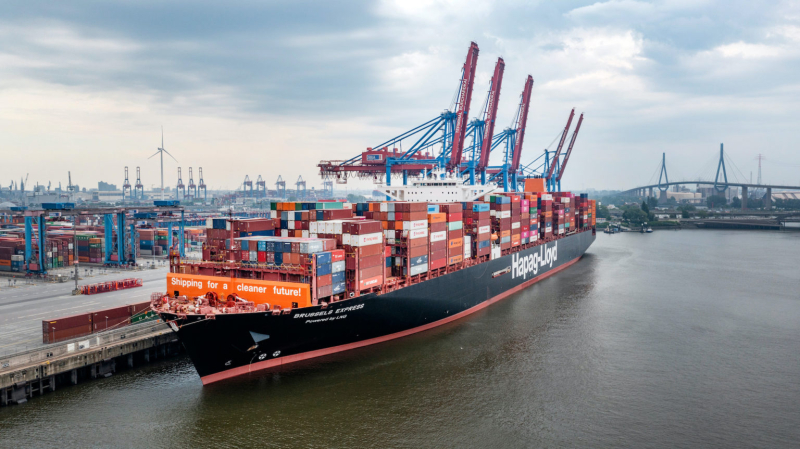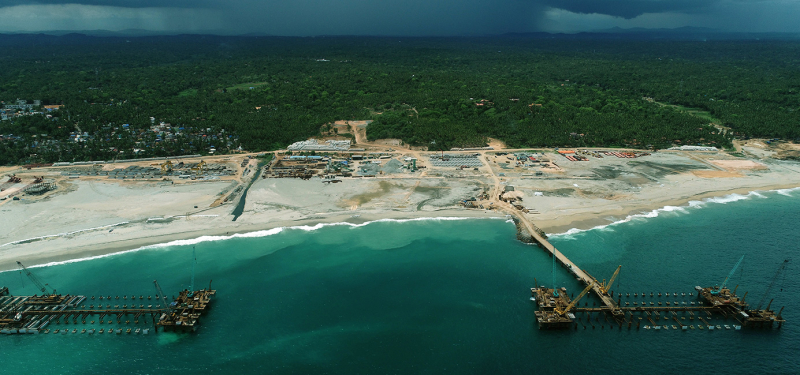
A port in Shanghai. American consumers have benefited from decades of relatively inexpensive goods manufactured in China.Credit...The New York Times
The Trump administration has threatened to revoke the visas of many of the 277,000 or so Chinese students in the United States and to subject future applicants from China, including Hong Kong, to extra scrutiny.
Cargo ships laden with goods from China stopped coming into American ports earlier this spring as President Trump escalated his trade war against Beijing.
And the Trump administration is suspending sales of some critical U.S. technologies to China, including those related to jet engines, semiconductors and certain chemicals and machinery.
Taken together, the actions by the Trump administration amount to an aggressive campaign to “decouple” the United States from China, as it seeks to break the close commercial ties between the world’s two largest economies and toss away what had been the anchor of the relations between the nations for decades.
Aggressive decoupling would bolster American security, from the perspective of Mr. Trump and his aides. And it would also accelerate a trend toward each power being entrenched in its own regional sphere of influence.
Officials in the first Trump administration spoke of the need to decouple from China, with the view that economic and educational ties across many fields equated to a national security threat. But while the efforts reframed the relationship as one of competition rather than cooperation, the volume of trade remained high, even through the pandemic.
Now, in Trump 2.0, officials are taking a second swing at the decoupling campaign.

Chairs set up before a meeting between President Trump and Xi Jinping, the leader of China, at the Group of 20 summit in Osaka, Japan, in 2019. In Mr. Trump’s second term, U.S. officials are seeking more aggressively to break the close commercial ties between the two nations.Credit...Erin Schaff/The New York Times
It is already having greater consequences for the two nations and the rest of the world — millions have felt the market gyrations of recent weeks — but it is too early to gauge whether the administration will achieve any substantial results.
“In terms of the big-picture perspective, decoupling is going to take a lot more than trade and visa restrictions,” said Rush Doshi, the director of a new China initiative at the Council on Foreign Relations and a former Biden national security official.Even beyond the global market instability, some analysts and scholars say, there are significant potential downsides for the United States in the rapid and blunt attempts to unwind the ties. They include driving up inflation for Americans, pushing talented researchers into the arms of the Chinese government or to other nations, and losing U.S. government access to Chinese citizens with deep knowledge of their country, some of whom are potential recruits for intelligence agencies.
“The part I find so hard to understand is that here’s an area where people in China really want to have access to American culture, education and to buy American products, and we’re trying to make it less attractive to them — which I find really odd,” Michael S. Roth, the president of Wesleyan University, said after Secretary of State Marco Rubio’s announcement on student visas on Wednesday night.
“If we’re competing with Chinese industry and science, it behooves us to understand the competition as well as possible and not to isolate ourselves,” Mr. Roth added.
But in the eyes of senior Trump administration officials, the benefits of that contact do not outweigh the risks of having hundreds of thousands of Chinese students in the United States, especially those working in the physical sciences or on advanced technologies.

Secretary of State Marco Rubio threatened on Wednesday night to revoke the visas of many of the Chinese students in the United States, suggesting that they could be threats.Credit...Haiyun Jiang for The New York Times
In his brief announcement, Mr. Rubio suggested that many of the students were potential threats. The students whose visas will be revoked, he said, include those with ties to the Chinese Communist Party or who study in “critical fields.” He did not indicate how many people would be affected, or define “critical fields.” He also did not say what kinds of ties to the party would be deemed risky, or how the officials would pinpoint those ties.
If these moves are aggressive, as Mr. Rubio has said they will be, some of the people-to-people bonds and institutional exchanges will no doubt end — exactly the outcome that top Trump administration officials aim to achieve as part of their decoupling campaign.
John Aubrey Douglass, a senior research fellow on education policy at the University of California at Berkeley, said Mr. Trump’s “neo-nationalism is translating into a neo-academic Cold War” that includes “unnecessary attacks and limits on international students and faculty.”
“Major research universities already vet and limit Chinese and mostly graduate students from participating in research in areas deemed possible national security risks, working with federal officials,” he said.
The Trump administration’s new actions will almost certainly help China keep its talent closer to home, at a time when U.S. officials are trying to impede the nation’s progress on artificial intelligence and other advanced technologies.





























